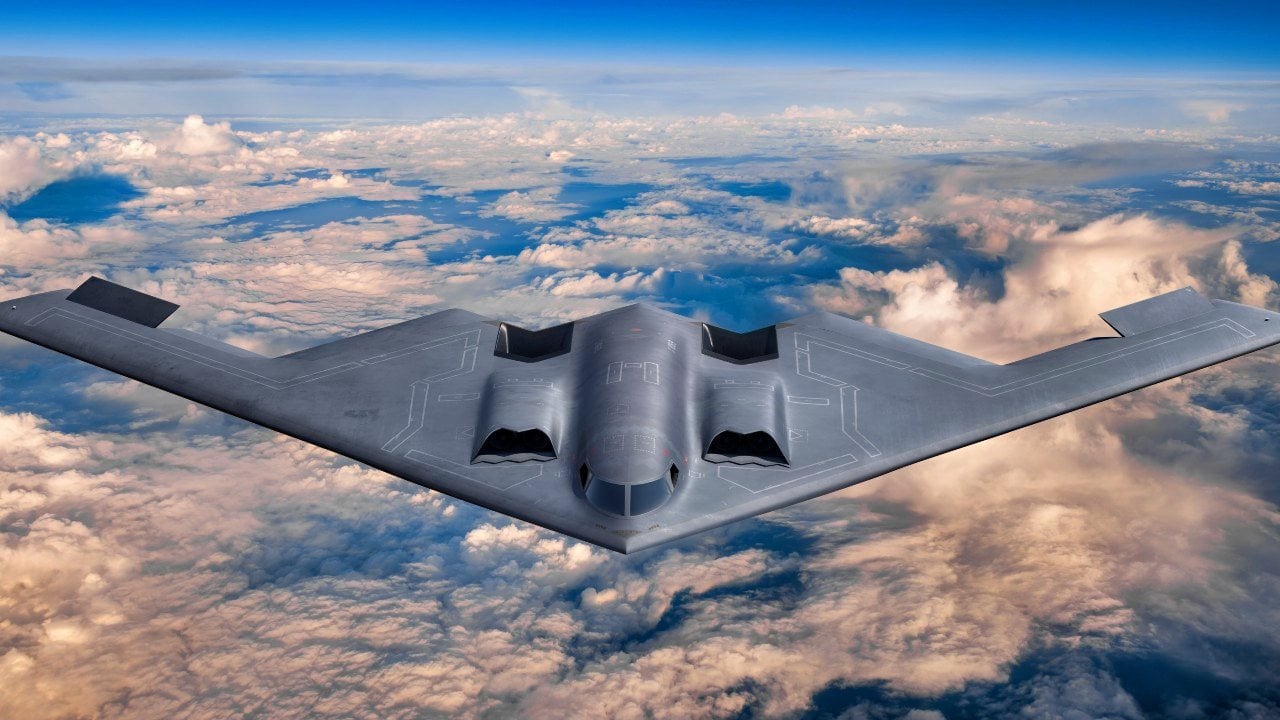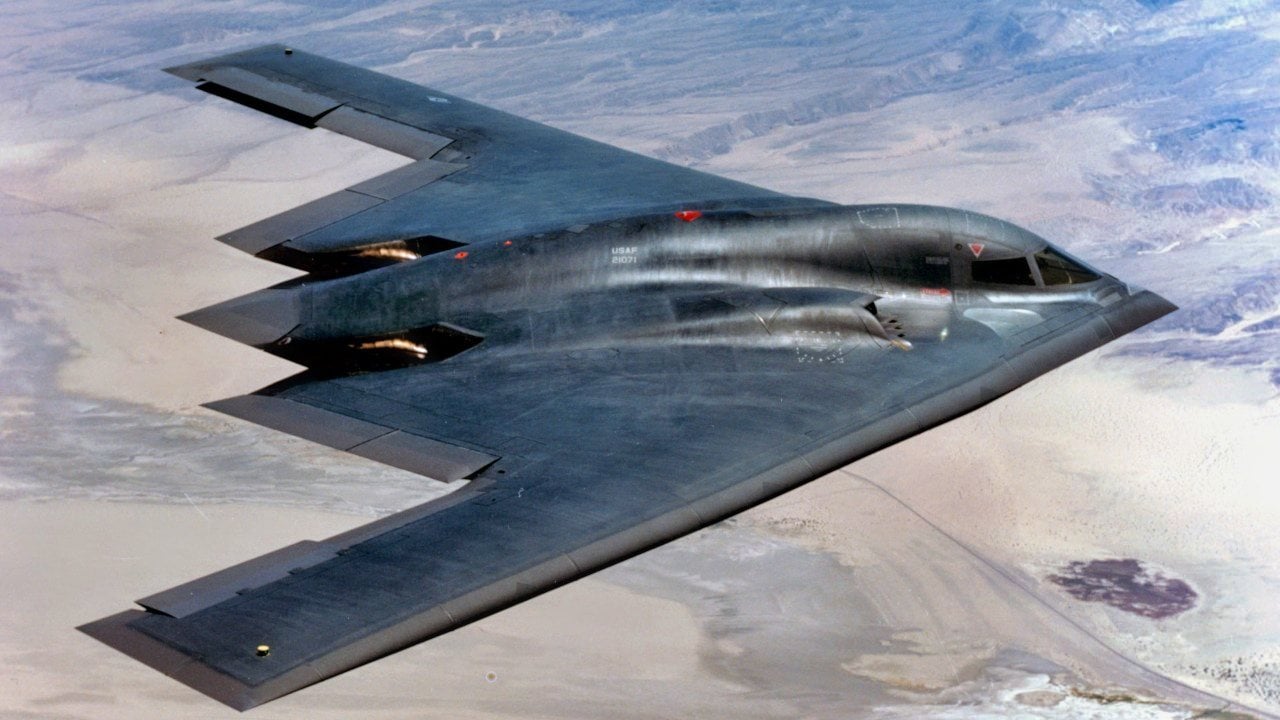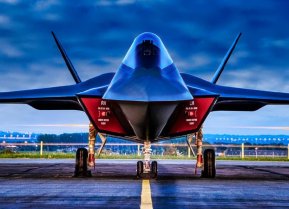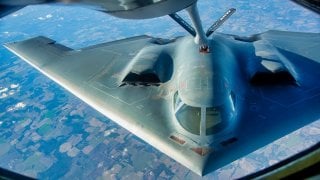25 Years Ago a B-2 Stealth Bomber Attacked a Chinese Embassy
May 7, 1999, marks a significant and regrettable incident in U.S. military history when NATO forces using a B-2 bomber mistakenly attacked the Chinese Embassy in Belgrade, Serbia, killing three Chinese nationals and injuring twenty others.
Summary: May 7, 1999, marks a significant and regrettable incident in U.S. military history when NATO forces using a B-2 bomber mistakenly attacked the Chinese Embassy in Belgrade, Serbia, killing three Chinese nationals and injuring twenty others.
-This event, carried out during the Kosovo War's air campaign aimed at halting Serbian aggression against ethnic Albanians, significantly strained Sino-American relations. The United States attributed the bombing to faulty intelligence and systemic failures in target verification, and despite issuing apologies, skepticism about the attack's accidental nature persists in China.
-This incident has since influenced Chinese foreign policy, fostering closer ties with Serbia and impacting China's overall stance towards NATO and the West. The repercussions of this event continue to echo 25 years later, influencing diplomatic relations and regional geopolitics.
Anniversary of the Chinese Embassy B-2 Bombing: A Dark Day in U.S. Military History
There are numerous historic milestones that the United States military will never forget – from December 7, 1941, to September 11, 2001 – yet, May 7, 1999, is one that the Pentagon likely wishes never happened. It was 25 years ago today that the United States dropped five bombs on the Chinese Embassy compound in Belgrade, Serbia, during NATO's air war over Kosovo.
The bombs set the compound ablaze, while three Chinese nationals were killed and another 20 others injured.
The U.S. media was quick to address the mistake, with The Washington Post reporting at the time, "NATO missiles plowed into the Chinese Embassy in Belgrade during a ferocious allied bombardment Friday that also struck the Interior Ministry and army headquarters and again plunged the capital city into darkness."
The attack was carried out by a single Northrop Grumman B-2 Spirit with a crew of two of the United States Air Force's 509th Bomb Wing, flying directly out of Whiteman Air Force Base (AFB), Missouri. The bomber was reported armed with Joint Direct Attack Munition (JDAM) GPS-guided precision bombs accurate to 13 meters (14 yards).
Marking a Quarter of a Century
The incident seriously impacted Sino-American relations ever since – a point marked on Tuesday by Chinese leader Xi Jinping, who is visiting China's European ally as part of a European trip that included a two-day stop in France, while he will conclude his journey in Hungary.
"We must not forget that 25 years ago today, NATO brazenly bombed the Chinese Embassy in Yugoslavia," according to translations carried by Chinese state media, per ABC News. "The Chinese people value peace but will never allow historical tragedies to happen again."
Serbian President Aleksandar Vuciu will host Xi on Tuesday and Wednesday. The Chinese leader visited Serbia for the first time in 2016 when a series of bilateral agreements were signed, and that included the Declaration on Strategic Partnership.
The Ties That Bind
China had opposed the 1999 NATO bombing campaign, which began in March 1999 to protect Kosovo's ethnic Albanian majority during the brutal fighting as the Kosovo Liberation Army (KLA) sought to break away from the Federal Republic of Yugoslavia (which then consisted of Serbia and Montenegro). The strikes were response to Serbian strongman Slobodan Miloševic's brutal onslaught against the ethnic Albanian rebels.
During 78 days of airstrikes on Belgrade and other targets in what is today Serbia, many civilians were killed. Human Rights Watch put the death toll at 500, but Serbian officials have said the number was closer to 2,000.

In addition to straining the relations between Beijing and Washington, the 1999 embassy bombing also brought Beijing and Belgrade closer together. In the years since the incident, China has emerged as Serbia's largest provider of foreign direct investment, and today remains the Balkan state's second-largest trading partner after the European Union.
Moreover, Serbia's leadership has remained committed to staying out of NATO, Politico.eu reported.
A Dreadful Mistake?
The U.S. quickly apologized and said the embassy bombing was a tragic mistake that was the result of faulty intelligence.
In a June 1999 letter to the Chinese government, the U.S. State Department explained it had conducted an investigation and found, "The bombing resulted from three basic failures. First, the technique used to locate the intended target--the headquarters of the Yugoslav Federal Directorate for Supply and Procurement (FDSP)--was severely flawed. Second, none of the military or intelligence databases used to verify target information contained the correct location of the Chinese Embassy. Third, nowhere in the target review process was either of the first two mistakes detected. No one who might have known that the targeted building was not the FDSP headquarters--but was in fact the Chinese Embassy--was ever consulted."

The embassy bombing resulted in widespread outrage in China, and many Chinese officials along with much of the public did not believe – and still do not believe – the incident was an accident. Angry protesters even stormed U.S. diplomatic installations, and mistrust continues to this day thanks to rumors that the bombing was deliberate in response to the Chinese Embassy being used to transmit Yuglosav Army communications.
The governments of both the U.S. and UK denied the allegations.
Author Experience and Expertise: Peter Suciu
Peter Suciu is a Michigan-based writer. He has contributed to more than four dozen magazines, newspapers, and websites with over 3,200 published pieces over a twenty-year career in journalism. He regularly writes about military hardware, firearms history, cybersecurity, politics, and international affairs. Peter is also a Contributing Writer for Forbes and Clearance Jobs. You can follow him on Twitter: @PeterSuciu. You can email the author: [email protected].


